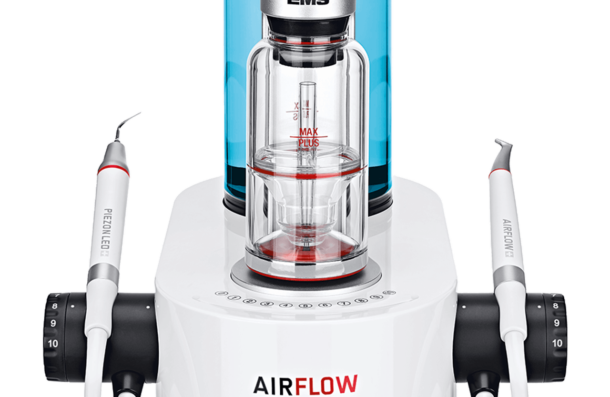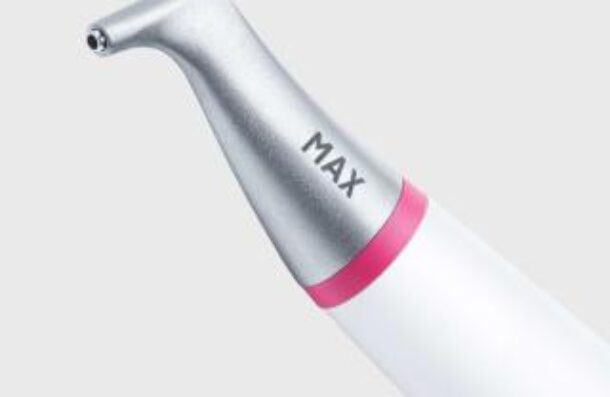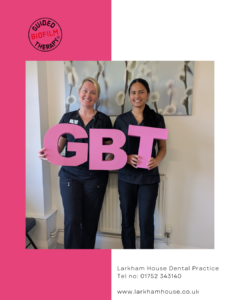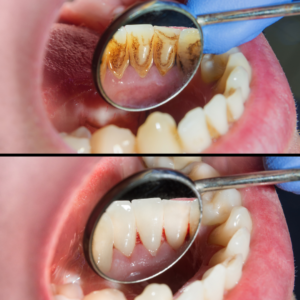Dental Hygienists
- Home
- /
- Treatments
- /
- General Dentistry
- /
- Dental Hygienists
The primary role of our Dental Hygienists Joanna and Jill and Hygiene Therapists Kelly , Chloe & Rebecca is to provide preventative care and control of oral health to our patients. Ensuring that you have a stable and healthy mouth. Not only to give your teeth and gums a much more thorough clean than you can achieve at home but also to spot early warning signs of more serious developments such as gum disease and even oral cancer.


The primary role of our Dental Hygienists Joanna and Jill and Hygiene Therapists Kelly , Chloe & Rebecca is to provide preventative care and control of oral health to our patients. Ensuring that you have a stable and healthy mouth. Not only to give your teeth and gums a much more thorough clean than you can achieve at home but also to spot early warning signs of more serious developments such as gum disease and even oral cancer.
Our care includes:
Good oral hygiene is essential before embarking on expensive restorations such as implants, the placement of crowns and bridges or orthodontic treatment, which require special hygiene care.
Airflow with GBT (Guided Biofilm Therapy) is a dental cleaning system that effectively removes biofilm, stubborn stains, plaque and discoloration. It uses a combination of warm water, compressed air and very fine powder particles (erythritol) to gently yet thoroughly clean teeth, both above and below the gumline, disrupting the bacteria before it can do any lasting damage. The AIRFLOW® machine uses a system called Guided Biofilm Therapy (GBT) to remove the biofilm painlessly and systematically.

The GBT Airflow is gentle on the tooth surface and gums , and uses warm water so there is minimal sensitivity. Scaling is usually totally pain free. However, if you do have any discomfort the hygienist can use anaesthetic creams, or give you some local anaesthetic. Please let your hygienist know at the time so they can help with your discomfort.
Good dental hygiene is proven to be one of the most important ways of preventing long term dental problems. Dental hygiene involves the health of your teeth, gums, and mouth and can even extend to your throat. Poor oral hygiene can lead to not only embarrassing symptoms which would interfere with your social life, making it difficult to eat and speak but serious conditions, affecting your overall health. So, maintaining good dental hygiene is critical.
Poor oral hygiene can cause:
As part of our professional dental team, all our dental hygienists and hygiene therapists work hand in hand with our dentists offering expert advice and support to all our patients.
If you have good oral hygiene habits and a healthy mouth, your dentist and dental hygienist will probably suggest professional teeth cleaning at least twice a year. This includes tooth scaling to remove plaque, tooth polishing and removal of tartar to prevent cavities, gingivitis and gum disease. Some patients who are more susceptible to gum disease should see a hygienist more often.
Poor oral hygiene can lead to the mouth becoming a bacterial breeding ground and, if neglected or oral hygiene is ignored, it can lead to gum disease (also known as periodontal disease or periodontitis).
Bacteria associated with periodontitis can enter the bloodstream via bleeding gums and have been linked to the following conditions:

After recent changes in dental legislation, ‘Direct Access’ means our fully trained and competent dental hygienists and dental therapists can see you without first having to see a dentist. So, you don’t need to be referred by your dentist, have a dentist’s prescription or even be registered with Larkham House
Back to General Dentistry